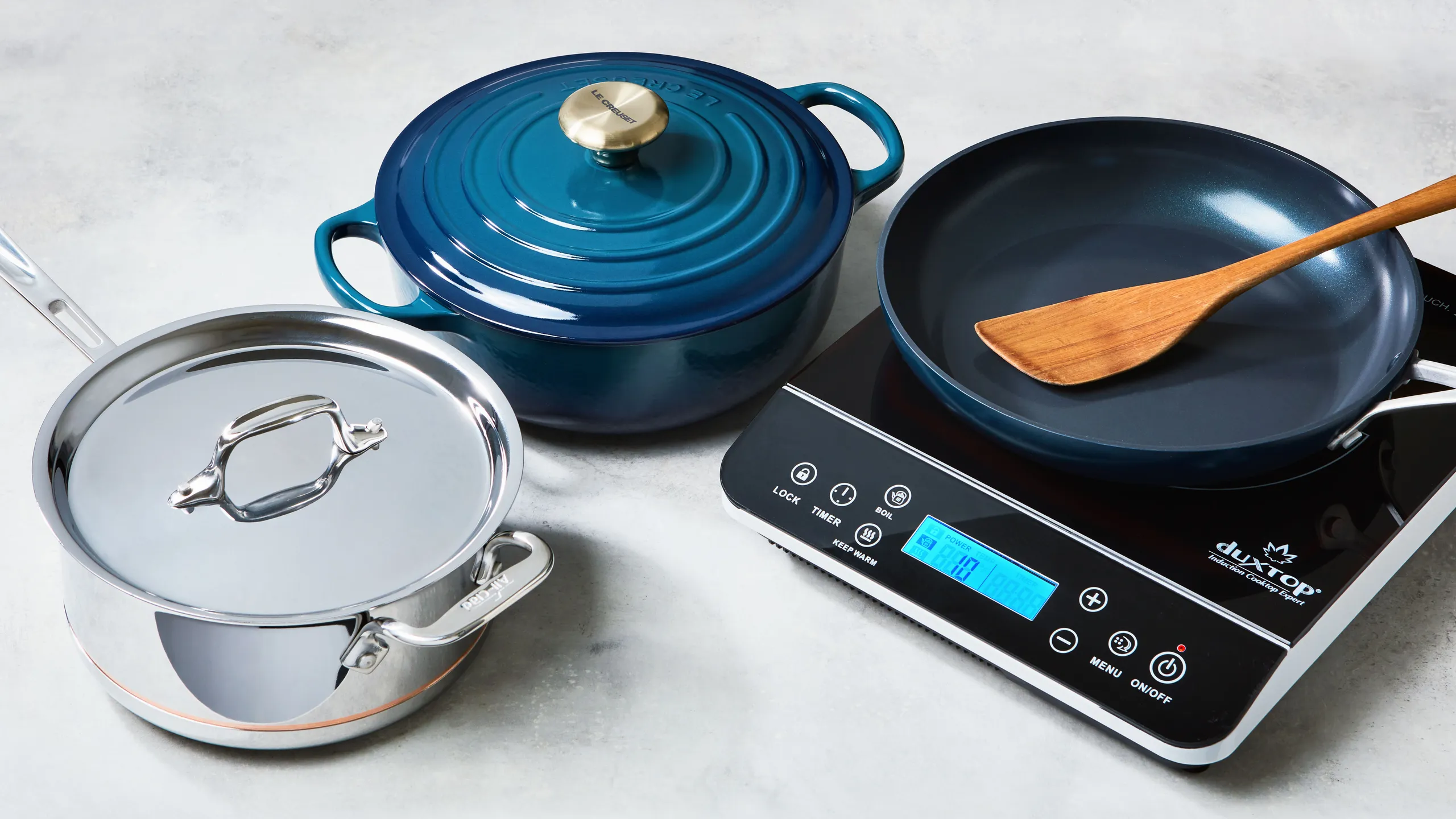

Articles
What Cookware To Use With Induction Cooktop
Modified: March 20, 2024
Looking for the right cookware for your induction cooktop? Our articles provide helpful tips and recommendations to enhance your cooking experience.
(Many of the links in this article redirect to a specific reviewed product. Your purchase of these products through affiliate links helps to generate commission for Storables.com, at no extra cost. Learn more)
Introduction
Welcome to the world of induction cooking, where precision meets efficiency. Over the years, induction cooktops have gained immense popularity due to their fast, precise, and energy-efficient cooking capabilities. However, using the wrong cookware on an induction cooktop can hinder its performance and even damage the cooktop itself.
In this article, we will explore the importance of choosing the right cookware for your induction cooktop. We will delve into the intricacies of induction cooktops, discuss the advantages they offer, and guide you through the types of cookware that are compatible and incompatible with these high-tech appliances.
So, whether you are a new induction cooktop user or just looking to upgrade your cookware, sit back and allow us to shed some light on the best options for your induction cooking needs.
Key Takeaways:
- Induction cooktops require specific magnetic cookware for optimal performance, such as cast iron and magnetic stainless steel. Choosing the right cookware ensures efficient heat transfer and precise cooking results.
- Avoid using non-magnetic materials like aluminum, copper, glass, ceramic, and non-magnetic stainless steel with induction cooktops. Invest in induction-compatible cookware for rapid, precise, and energy-efficient cooking experiences.
What is an Induction Cooktop?
An induction cooktop is a modern kitchen appliance that uses electromagnetic energy to heat the cookware directly, without the need for a gas flame or electric heating element. Instead of generating heat on the surface like traditional cooktops, induction cooktops generate a magnetic field that creates an electric current in the cookware.
Induction cooktops consist of a smooth, glass-ceramic surface with embedded coils of copper wire. When you turn on an induction cooktop and place a compatible pot or pan on the surface, an electric current is induced in the cookware, and the magnetic field generates heat within the cookware itself.
What sets induction cooktops apart from other cooking methods is their remarkable speed and precision. They can quickly heat up and cool down, providing instant temperature control. With induction technology, you can bring a pot of water to a boil in no time or simmer delicate sauces with precision.
Moreover, induction cooktops offer remarkable energy efficiency. Since the heat is generated directly in the cookware rather than being transferred from a heating element to the cookware, there is minimal heat loss. This means that induction cooktops waste less energy and are more environmentally friendly compared to gas or electric cooktops.
Induction cooktops also boast a sleek and easy-to-clean design. The smooth glass-ceramic surface is flat and has no crevices or grates, making it effortless to wipe down and maintain. Plus, since the cooktop surface itself doesn’t get hot during cooking, any spills or splatters won’t stick and can be easily cleaned up.
Now that you have a better understanding of what an induction cooktop is, let’s dive deeper into how it actually works and why it’s worth considering for your kitchen.
How Does an Induction Cooktop Work?
Understanding how an induction cooktop works requires a closer look at the science behind it. As mentioned earlier, induction cooktops use electromagnetic energy to heat the cookware directly. This is made possible through a process called electromagnetic induction.
When you turn on the induction cooktop and place a compatible pot or pan on the surface, an alternating electric current flows through the copper coils beneath the glass-ceramic surface. This electric current generates a rapidly changing magnetic field.
Once the magnetic field is established, it interacts with the iron or magnetic stainless steel cookware placed on the cooktop. The changing magnetic field induces an electric current within the cookware, creating resistance. This resistance converts the electrical energy into heat, effectively heating the cookware and its contents.
The heat generated through electromagnetic induction is instantaneous and localized. Unlike gas or electric cooktops, which rely on a heating element or open flame, induction cooktops heat the cookware directly. This direct transfer of heat results in faster and more precise cooking.
However, it’s important to note that not all cookware is compatible with induction cooktops. For induction cooking to work effectively, the base of the cookware must be made of a ferromagnetic material, such as cast iron or magnetic stainless steel. These materials have magnetic properties that allow them to interact with the magnetic field generated by the induction cooktop.
Additionally, the size and shape of the cookware should match the size of the induction cooking zone on the cooktop. The magnetic field needs to cover the entire base of the cookware to ensure efficient heat transfer.
Overall, the intricate process of electromagnetic induction allows induction cooktops to provide precise heat control and rapid temperature changes. These features make induction cooktops an ideal choice for both professional chefs and home cooks who prioritize efficiency and precision in their culinary endeavors.
Advantages of Induction Cooktops
Induction cooktops offer a multitude of advantages that set them apart from traditional gas and electric cooktops. Let’s explore some of the key benefits that make induction cooktops a popular choice in modern kitchens.
- Speed and Efficiency: Induction cooktops heat up significantly faster than gas or electric cooktops. The direct transfer of heat to the cookware allows for rapid temperature changes, reducing cooking time. Moreover, induction cooktops are highly energy-efficient as they waste less heat due to their localized heating mechanism.
- Precision Cooking: Induction cooktops provide precise temperature control, allowing you to easily adjust the heat to suit your cooking needs. Whether you need to simmer delicate sauces at a low temperature or sear meats at a high temperature, induction cooktops offer precise and responsive heat adjustments.
- Safety: One of the standout features of induction cooktops is their safety. The cooktop surface remains cool to the touch, reducing the risk of burns and accidents. As heat is generated only in the cookware, there is no risk of flames or hot surfaces. Additionally, induction cooktops have built-in safety features such as automatic shut-off and child lock functions.
- Easy Cleaning: The smooth and flat surface of induction cooktops makes cleaning a breeze. Since no spills or splatters get baked onto the surface, all you need is a damp cloth to wipe it clean. Unlike gas or electric cooktops with grates or coils, induction cooktops have no crevices for food particles or liquids to get stuck in.
- Energy Efficiency: Induction cooktops are highly energy-efficient due to their direct heating mechanism. They only heat the cookware and its contents, reducing heat loss and minimizing energy consumption. This not only saves time but also lowers your energy bills and reduces your carbon footprint.
- Even Heat Distribution: The electromagnetic induction process ensures even heat distribution across the base of the cookware. There are no hot spots or uneven cooking areas, resulting in consistent and thoroughly cooked meals.
With their remarkable speed, precision, safety, and energy efficiency, induction cooktops have revolutionized the way we cook. While they may require compatible cookware, the advantages they offer make them a worthwhile investment for any modern kitchen.
Choosing the Right Cookware for Induction Cooktops
When it comes to cooking on an induction cooktop, selecting the right cookware is crucial for optimal performance and safety. Not all pots and pans are compatible with induction cooktops, as they require specific materials with magnetic properties to interact with the magnetic field generated by the cooktop.
To ensure that you choose the right cookware for your induction cooktop, keep the following factors in mind:
- Magnetic Properties: Induction cooktops require cookware with a magnetic base. The most common materials that work well with induction cooktops are cast iron and magnetic stainless steel. These materials have magnetic properties and allow for efficient heat transfer. To determine if your existing cookware is induction-compatible, simply hold a magnet to the base. If it sticks firmly, it is compatible.
- Flat and Smooth Base: The base of the cookware should be flat and smooth to ensure direct contact with the induction cooktop. Avoid using cookware with warped or uneven bottoms, as this can affect the heat distribution and efficiency of the induction cooktop.
- Size and Fit: The size of the cookware should match the size of the induction cooking zone on your cooktop. The base of the cookware should fully cover the cooking zone to ensure efficient heat transfer. Using cookware that is too small can result in uneven cooking or poor heat distribution.
- Quality and Thickness: Opt for high-quality cookware with a thick and heavy base. Thick-bottomed cookware helps distribute heat evenly and prevents hot spots. Thin or lightweight cookware may not provide optimal heat transfer and can lead to inefficient cooking.
- Handles: Consider the type of handles on your cookware. Handles made of materials such as stainless steel or silicone are ideal as they remain cool to the touch during cooking. This makes it safer and more convenient to handle the cookware.
- Induction-Ready Label: Look for cookware that specifically mentions induction compatibility or has an “induction-ready” label. This ensures that the cookware is designed and tested for use on induction cooktops.
Investing in induction-compatible cookware not only ensures optimal performance but also helps protect your induction cooktop from potential damage. Avoid using cookware made of glass, ceramic, copper, aluminum, or non-magnetic stainless steel, as these materials are not suitable for induction cooking.
By choosing the right cookware for your induction cooktop, you can unlock its full potential and enjoy efficient and precise cooking results.
When using an induction cooktop, make sure to use cookware that is made of ferrous materials such as stainless steel or cast iron. Avoid using non-magnetic materials like aluminum or copper.
Read more: What Can I Use On Induction Cooktop
Types of Cookware Compatible with Induction Cooktops
When it comes to induction cooking, not just any cookware will do. To ensure optimal performance and efficient heat transfer, it is important to use cookware that is specifically designed to be compatible with induction cooktops. Here are the types of cookware that are compatible with induction:
- Cast Iron: Cast iron cookware is one of the best options for induction cooktops. Its magnetic properties make it highly responsive to the induction heat. Cast iron pans and dutch ovens are ideal for searing, frying, sautéing, and slow cooking.
- Magnetic Stainless Steel: Cookware made from 18/0 or 18/10 stainless steel with a magnetic base is compatible with induction cooktops. Look for cookware that is labeled as “induction-ready” or has a magnetic stainless steel layer on the base. Stainless steel pans are versatile and great for everyday cooking tasks.
- Enamel Cast Iron: Cookware that combines enamel coating with a cast iron base is also suitable for induction cooktops. The enamel coating provides a non-stick surface and enhances the durability of the cookware.
- Multi-Layered Stainless Steel: Some high-quality stainless steel cookware has a layered construction, typically consisting of an aluminum or copper core sandwiched between stainless steel layers. This type of cookware conducts heat efficiently, ensuring even heat distribution on an induction cooktop.
- Magnetic Bottom Cookware: Some cookware brands specialize in producing pots and pans with a thin steel plate bonded to the bottom. This magnetic bottom allows them to be compatible with induction cooktops, even if the rest of the cookware is made from non-magnetic materials.
When shopping for induction-compatible cookware, it’s important to check for the compatibility information provided by the manufacturer. Look for specific mentions of induction compatibility or “induction-ready” labeling to ensure that the cookware is suitable for use on your induction cooktop.
Remember, using the right cookware not only ensures optimal heat transfer but also protects your induction cooktop from potential damage. With the right cookware in hand, you can harness the full potential of your induction cooktop and enjoy efficient and precise cooking.
Cookware Materials to Avoid with Induction Cooktops
While induction cooktops offer numerous advantages, it’s important to understand that not all cookware materials are compatible with them. Induction cooktops require cookware with specific magnetic properties to generate heat, which means there are certain materials that should be avoided. Here are some cookware materials that are not suitable for use with induction cooktops:
- Aluminum: Aluminum cookware is not compatible with induction cooktops as it is not magnetic. Aluminum does not have the necessary properties to generate heat through electromagnetic induction. Using aluminum cookware on an induction cooktop will result in ineffective heating and cooking.
- Copper: Similar to aluminum, copper is not magnetic and cannot interact with the magnetic field to generate heat on an induction cooktop. Copper cookware will not heat efficiently on an induction cooktop and may even cause damage to the cooktop surface.
- Non-Magnetic Stainless Steel: Some stainless steel cookware is not magnetic and therefore not suitable for induction cooking. Non-magnetic stainless steel lacks the necessary properties to respond to the magnetic field of an induction cooktop. Be sure to use cookware made from magnetic stainless steel or with a magnetic bottom for compatibility.
- Glass: Glass and ceramic cookware are not compatible with induction cooktops. These materials do not conduct electricity or have magnetic properties, rendering them incapable of generating heat through electromagnetic induction. Using glass or ceramic cookware on an induction cooktop will not result in any heat transfer or cooking.
- Nonstick Coatings: Cookware with nonstick coatings, such as Teflon or other polymer-based coatings, should be used with caution on induction cooktops. While some nonstick cookware is made with a magnetic base, the coating itself may not withstand the high heat generated by induction cooktops. It’s best to choose induction-compatible nonstick cookware or use alternative materials like stainless steel or cast iron.
By avoiding these materials and opting for induction-compatible cookware, you can ensure efficient heat transfer and prevent any damage to your induction cooktop. Always check the manufacturer’s information or labeling to ensure that the cookware you choose is compatible with induction cooking.
With the right cookware in your kitchen arsenal, you can fully embrace the advantages of induction cooking and enjoy precise, efficient, and safe culinary experiences.
Best Cookware Options for Induction Cooktops
When it comes to selecting the best cookware for your induction cooktop, there are several options that offer optimal performance and compatibility. These cookware choices ensure efficient heat transfer, even cooking, and reliable results. Here are some of the best cookware options for induction cooktops:
- Cast Iron: Cast iron cookware is a top choice for induction cooktops. Its magnetic properties make it highly responsive to induction heat. Cast iron pans, skillets, and Dutch ovens are excellent for searing, frying, braising, and slow cooking. They distribute heat evenly and retain heat well, allowing for precise temperature control.
- Magnetic Stainless Steel: Cookware made from 18/0 or 18/10 stainless steel with a magnetic base is ideal for induction cooktops. Look for cookware labeled as “induction-ready” or with a magnetic stainless steel layer on the base. Stainless steel pans are versatile, durable, and great for everyday cooking tasks.
- Enamel Cast Iron: Cookware that combines the durability of cast iron with an enamel coating is also compatible with induction cooktops. The enamel coating provides a non-stick surface and adds an extra layer of protection to the cast iron base. This type of cookware is suitable for a wide range of cooking techniques.
- Multi-Layered Stainless Steel: Stainless steel cookware with a layered construction, including an aluminum or copper core, is an excellent choice for induction cooktops. The multi-layered design ensures quick and even heat distribution. These pots and pans often have a magnetic stainless steel base for compatibility with induction cooking.
- Carbon Steel: Carbon steel cookware is another great option for induction cooktops. It is lightweight, durable, and offers excellent heat conductivity. Carbon steel pans are perfect for stir-frying, searing, and sautéing. They develop a non-stick patina over time and are compatible with induction heat due to their magnetic properties.
Remember to choose cookware with flat and smooth bottoms to guarantee proper contact with the induction cooktop surface. Additionally, consider the size of the cookware in relation to the cooking zone on your induction cooktop to ensure optimal heat transfer.
By investing in high-quality cookware specifically designed for induction cooktops, you can take full advantage of the benefits offered by this advanced cooking technology.
Conclusion
Induction cooktops have revolutionized the way we cook, providing a fast, precise, and energy-efficient cooking experience. However, to unlock their full potential, it is essential to choose the right cookware that is compatible with induction technology.
Cast iron and magnetic stainless steel cookware are among the top choices for induction cooktops. Their magnetic properties allow for efficient heat transfer, ensuring even cooking and precise temperature control. Enamel cast iron, multi-layered stainless steel, and carbon steel cookware are also great options that work well on induction cooktops.
On the other hand, it is important to avoid using cookware made of materials such as aluminum, copper, glass, ceramic, and non-magnetic stainless steel as they are not compatible with induction cooking and may not heat properly.
By selecting the right cookware, you can fully harness the benefits of induction cooktops, including their speed, precision, energy efficiency, and safety. Induction cooktops heat up rapidly, provide precise temperature control, and offer even heat distribution, making them a perfect choice for both professional chefs and home cooks.
When purchasing cookware for your induction cooktop, ensure that it has a flat and smooth base for direct contact with the cooktop surface. Look for cookware with magnetic properties or specifically labeled as “induction-ready” to guarantee compatibility.
With the right cookware in hand, you can create delicious meals with confidence and enjoy the ease, efficiency, and precision of induction cooking. Upgrade your kitchen with induction-compatible cookware and experience a new level of culinary excellence!
Frequently Asked Questions about What Cookware To Use With Induction Cooktop
Was this page helpful?
At Storables.com, we guarantee accurate and reliable information. Our content, validated by Expert Board Contributors, is crafted following stringent Editorial Policies. We're committed to providing you with well-researched, expert-backed insights for all your informational needs.
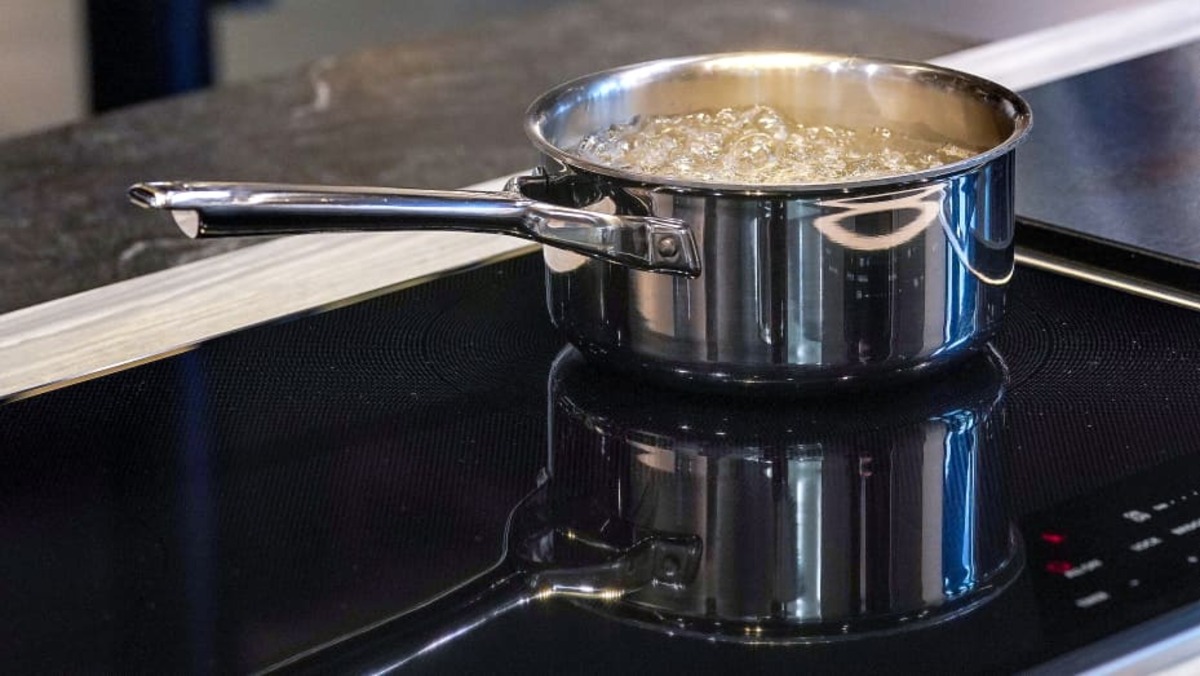
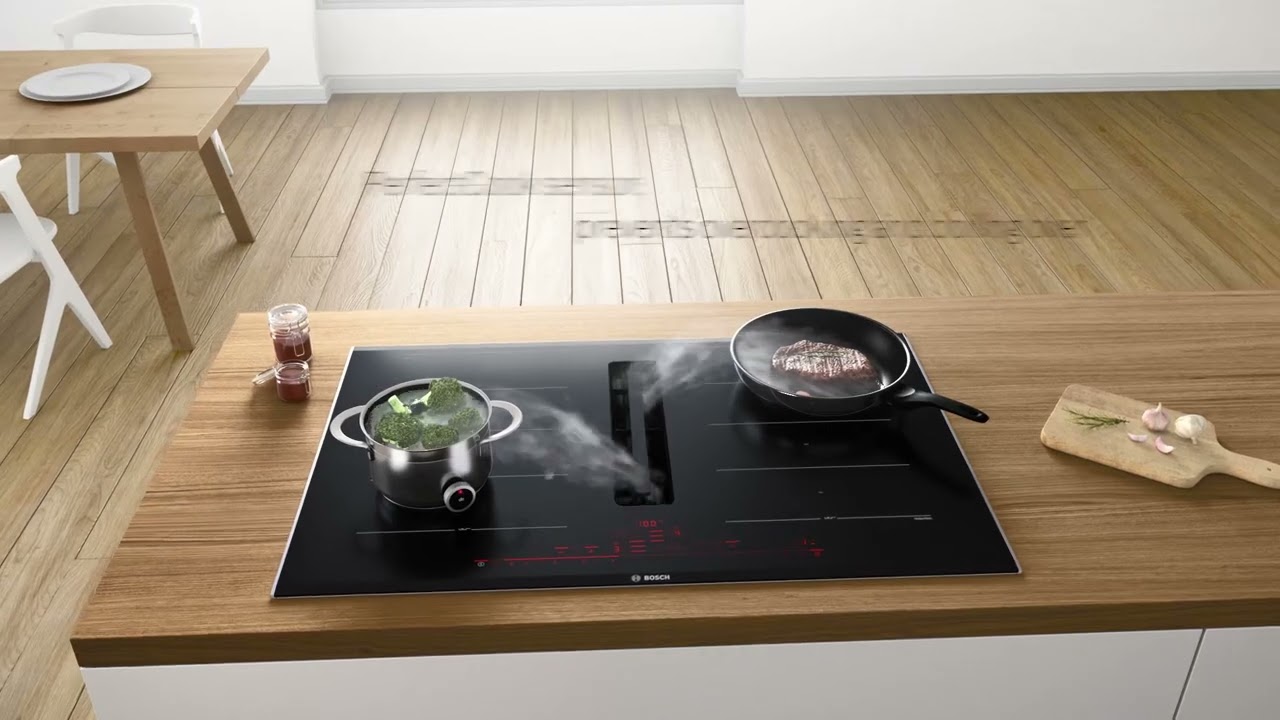
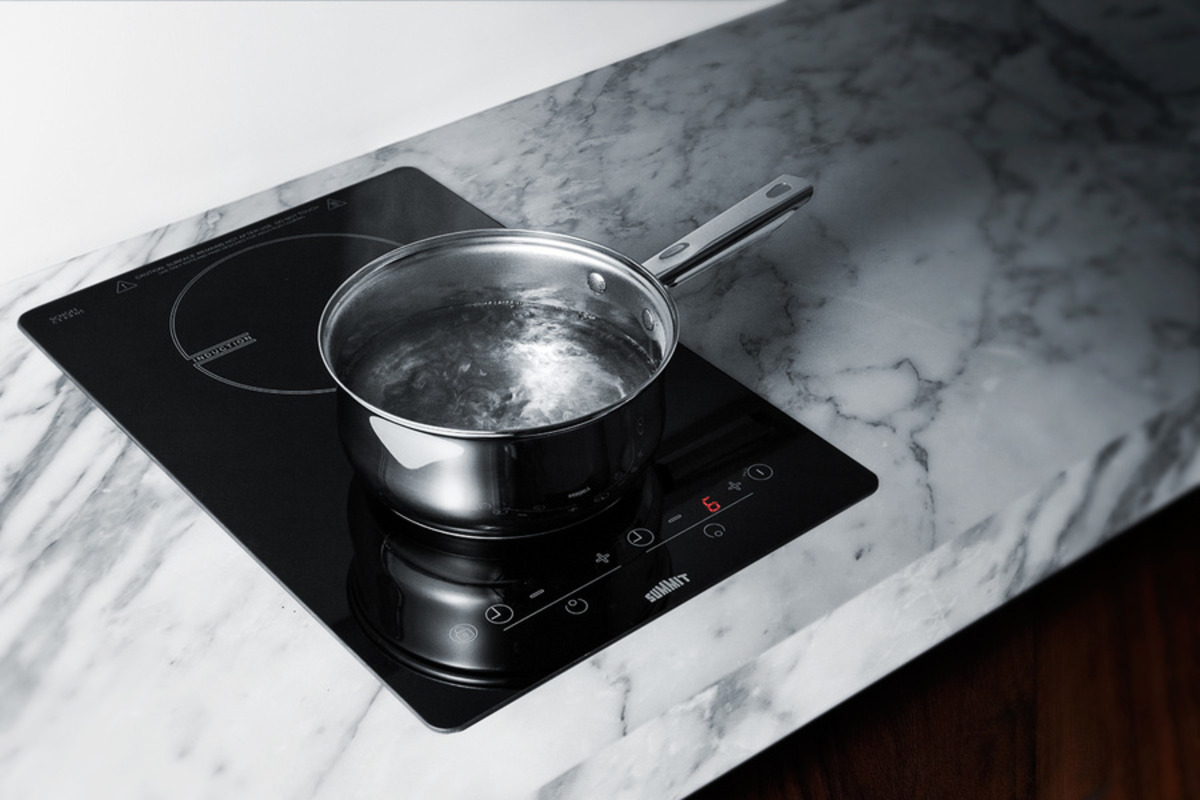
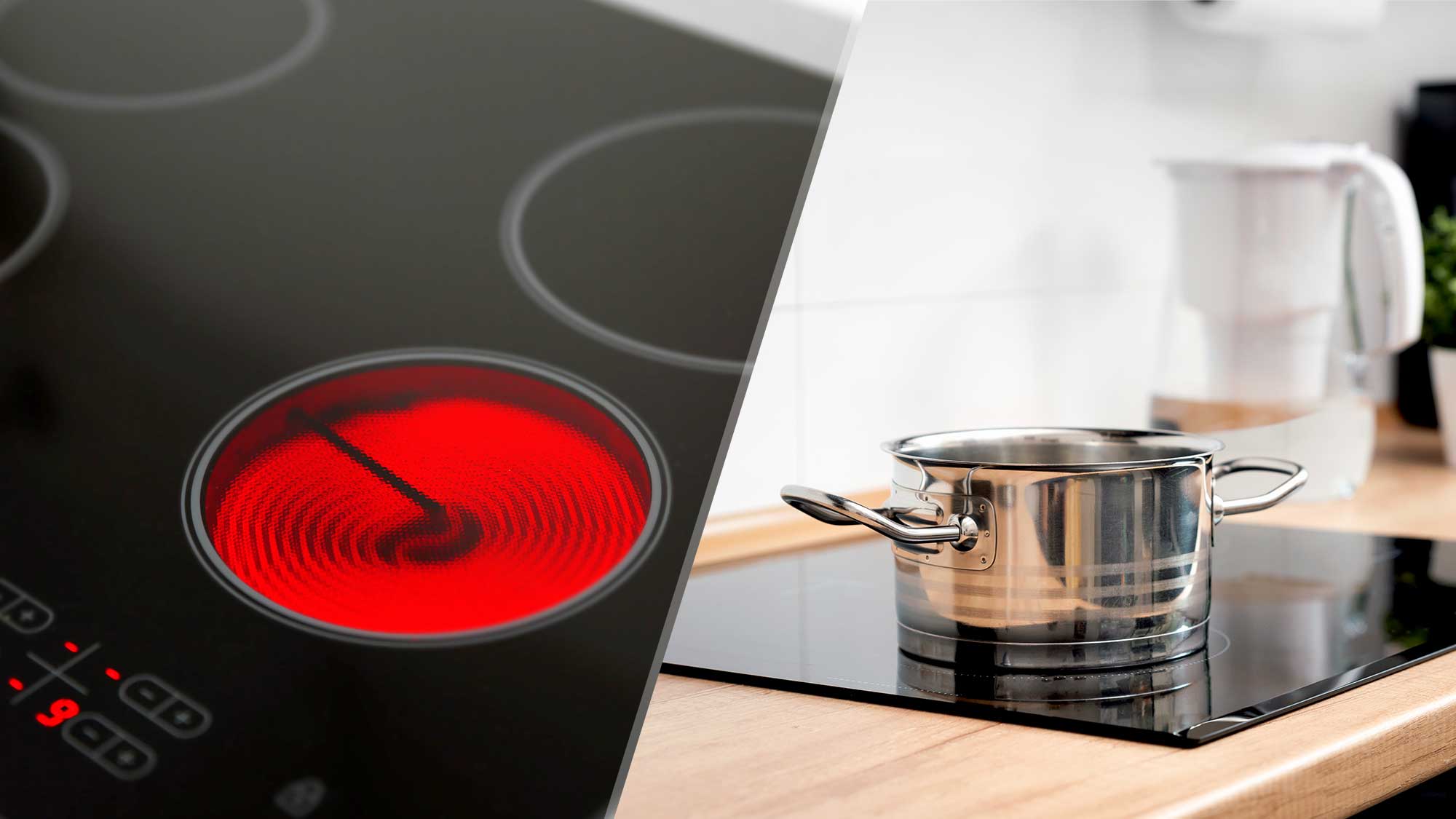
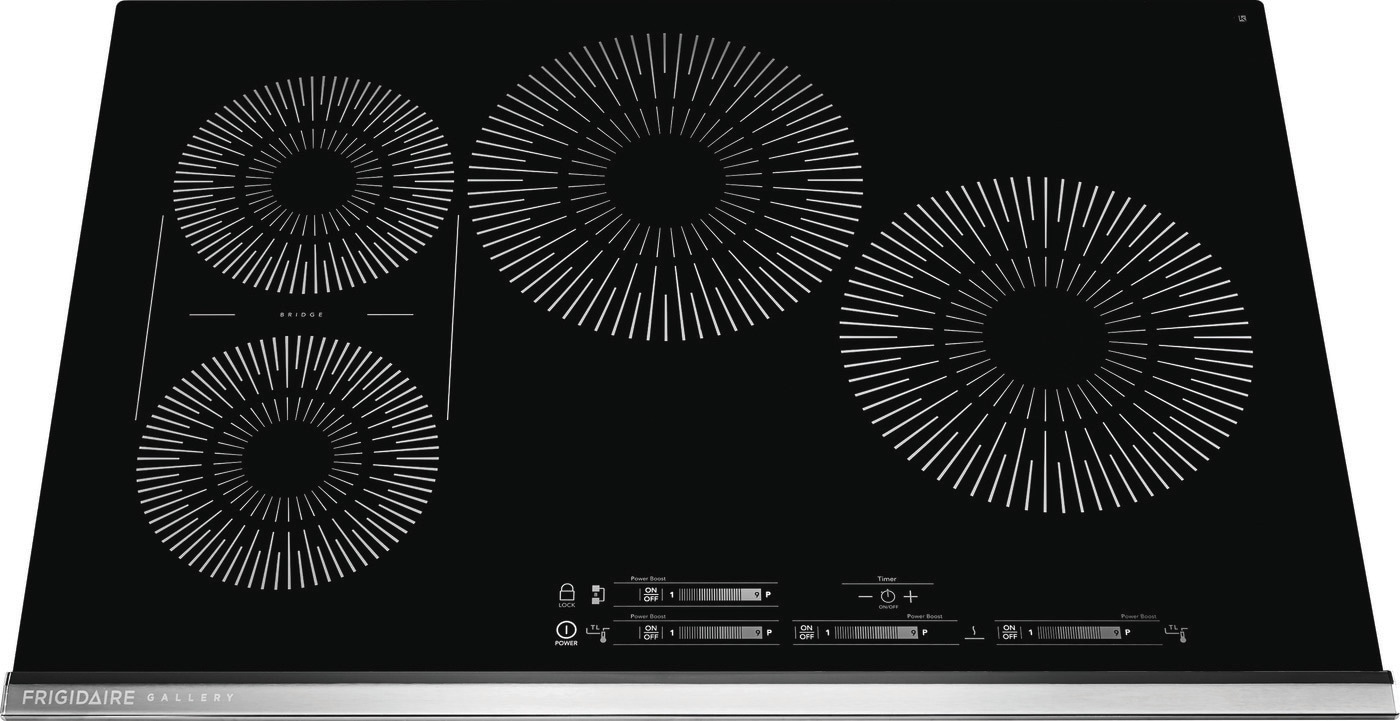
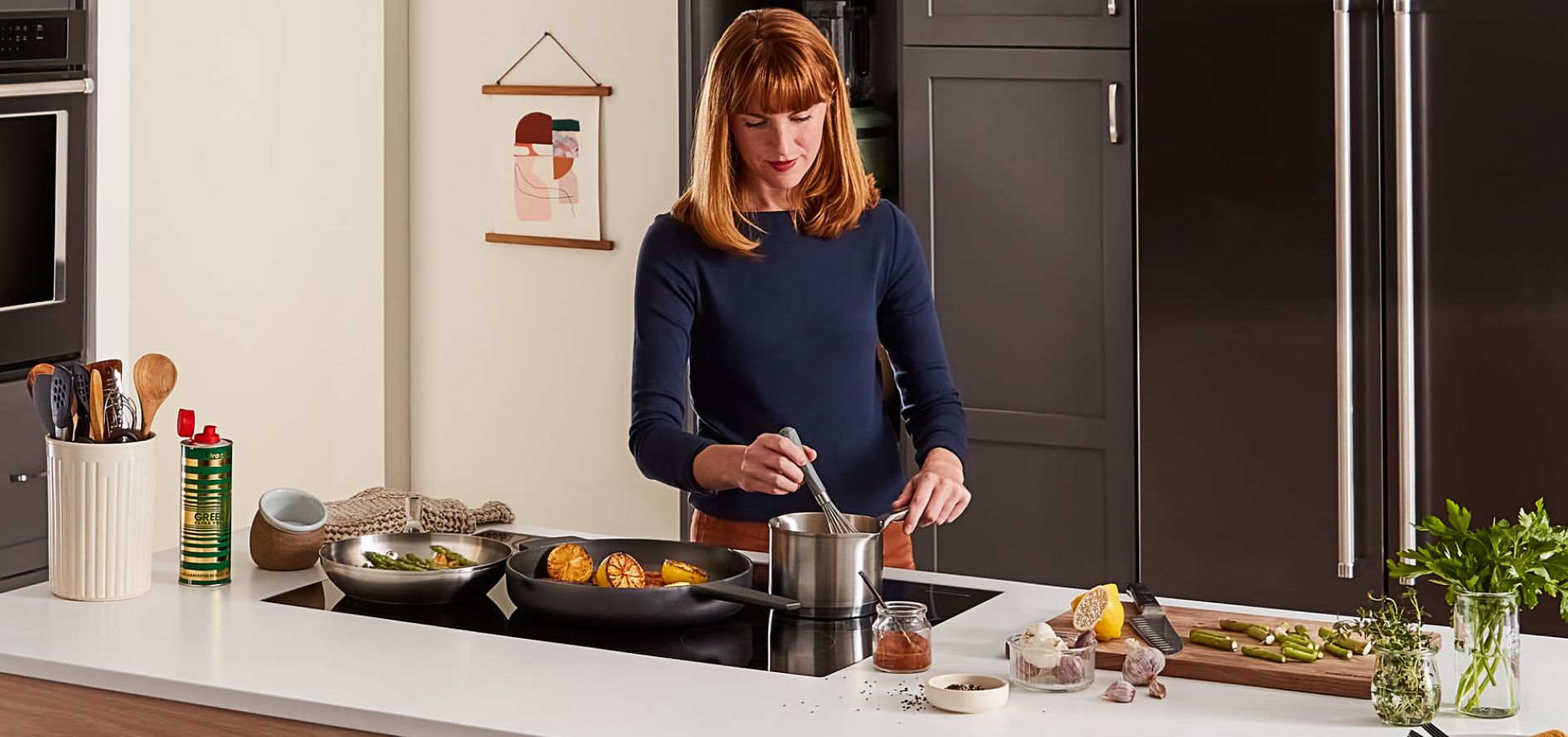
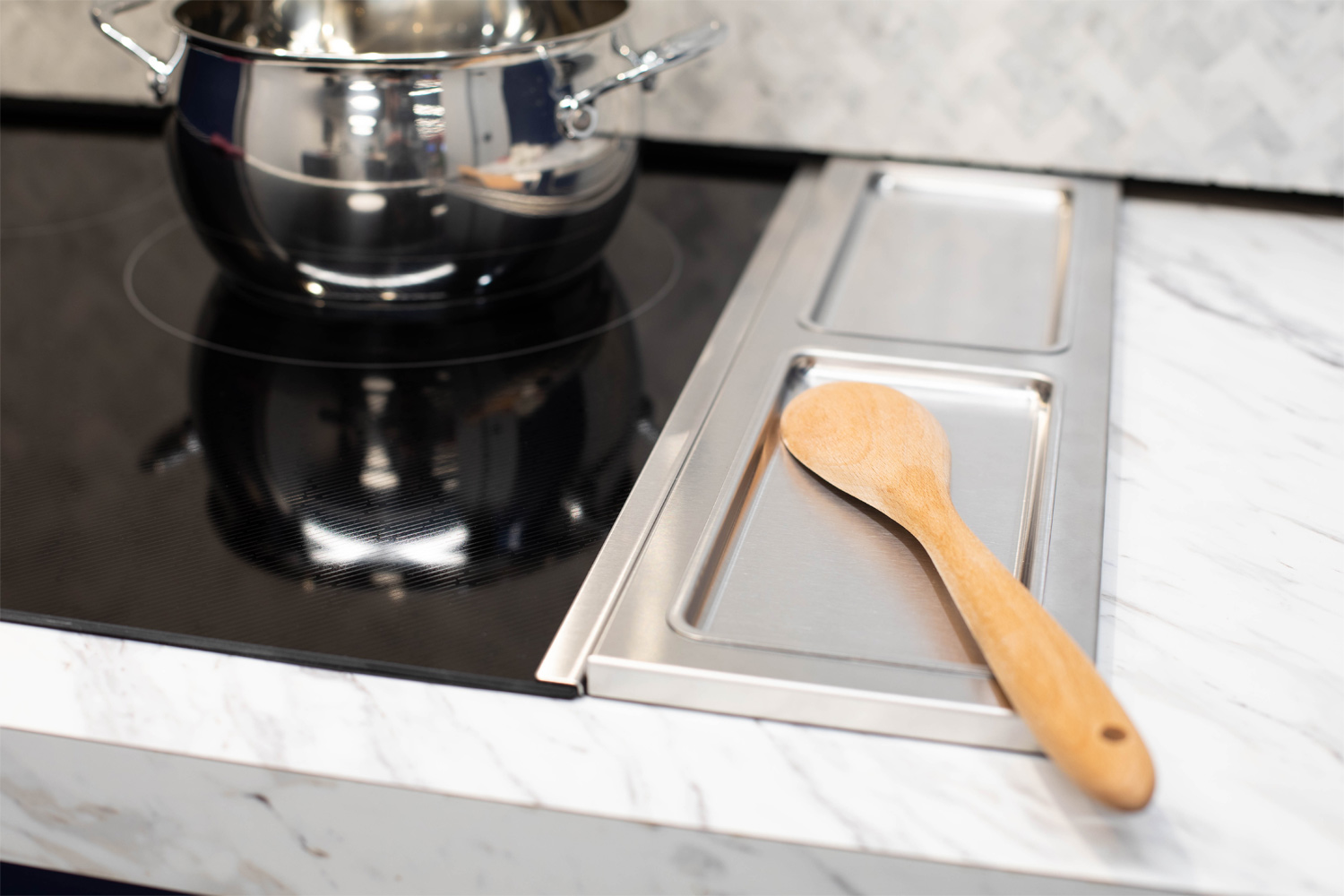
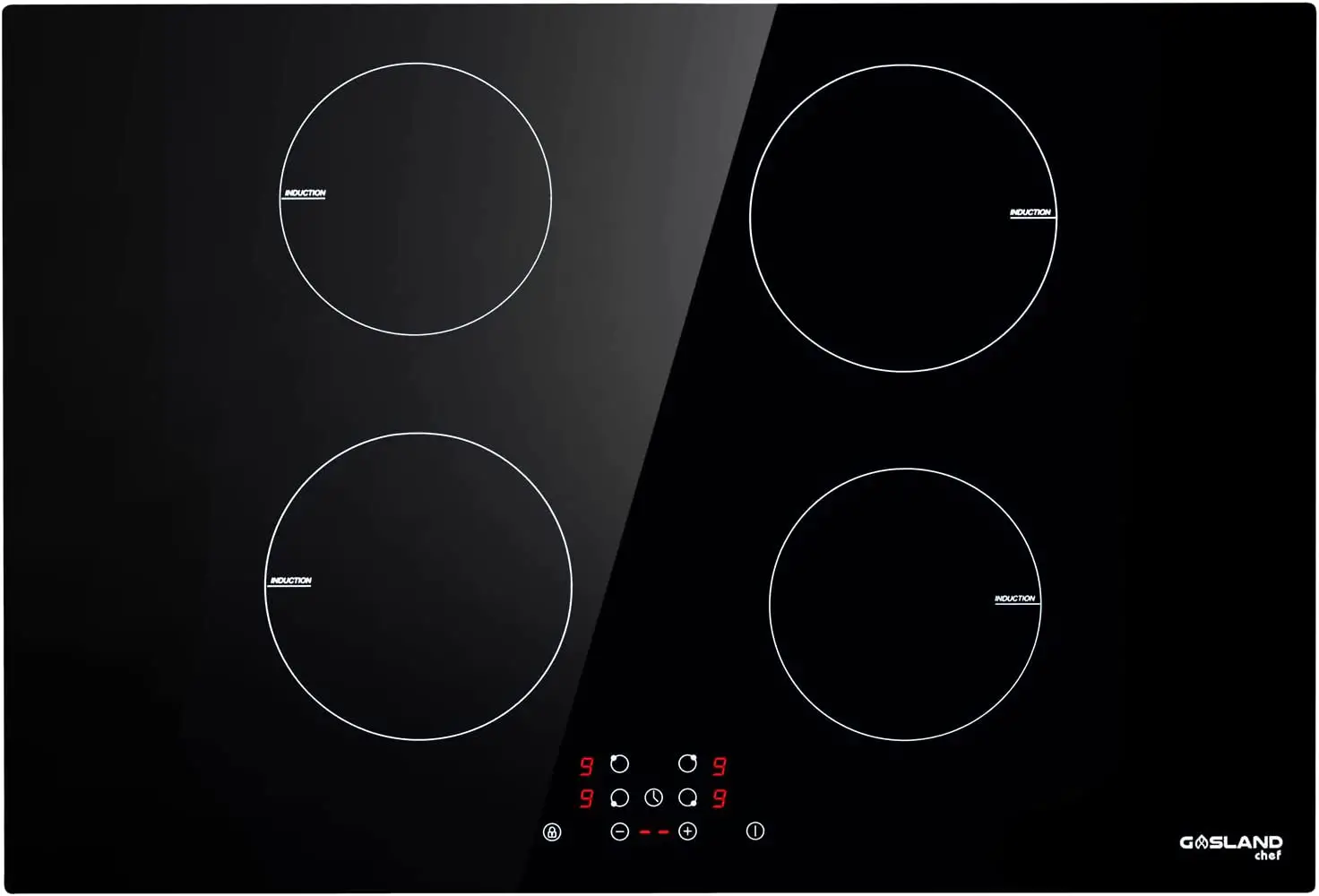
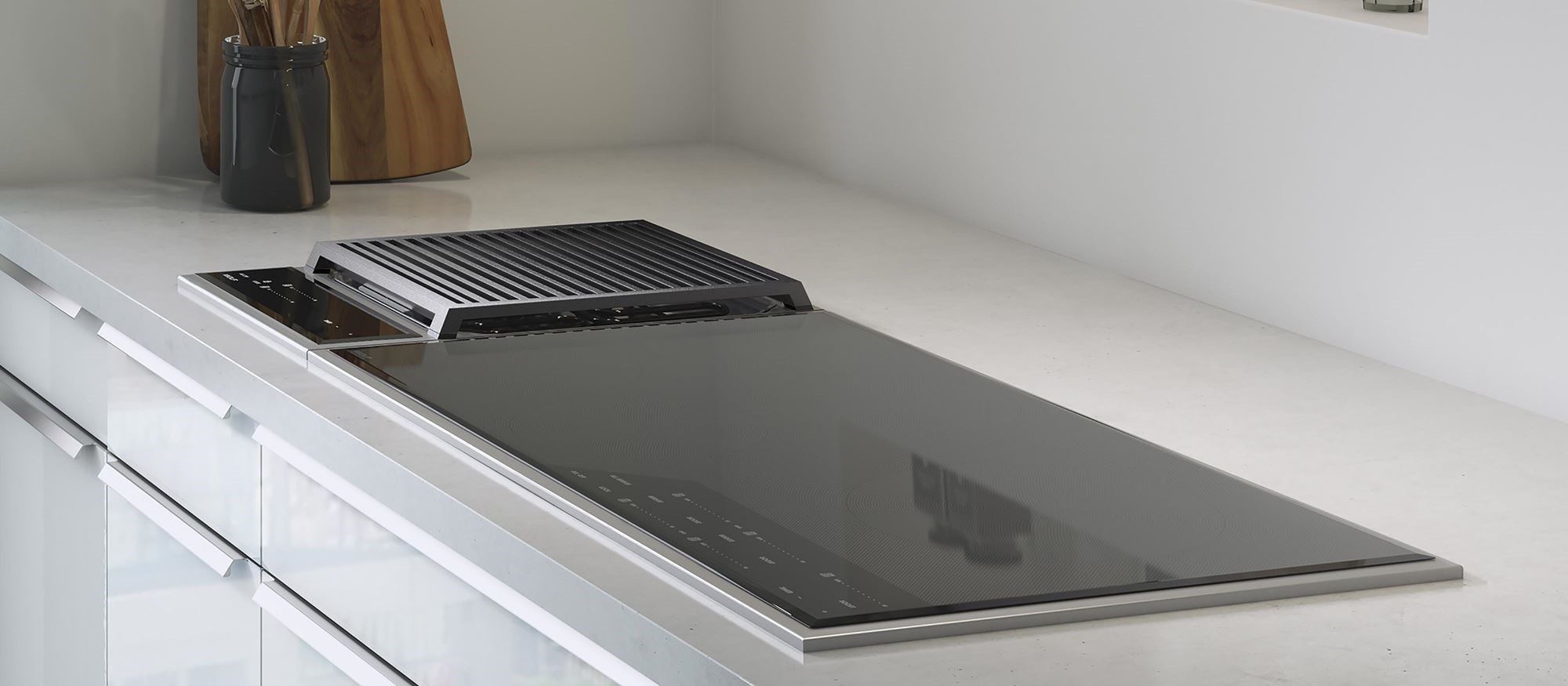
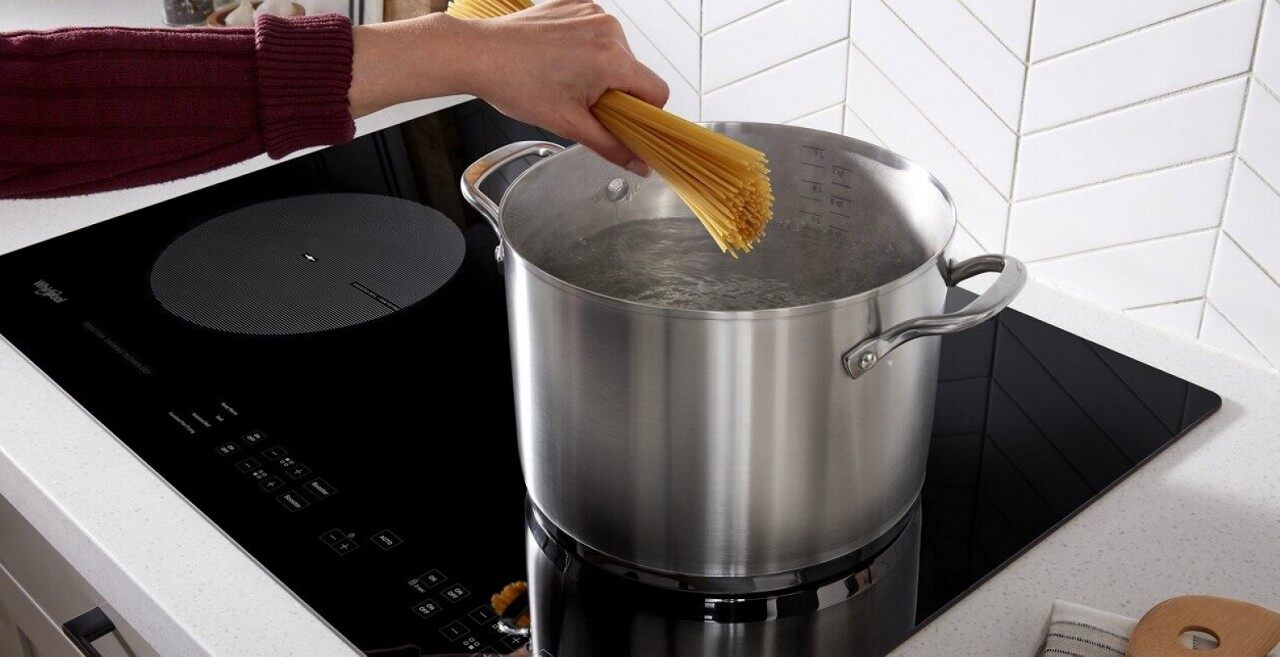
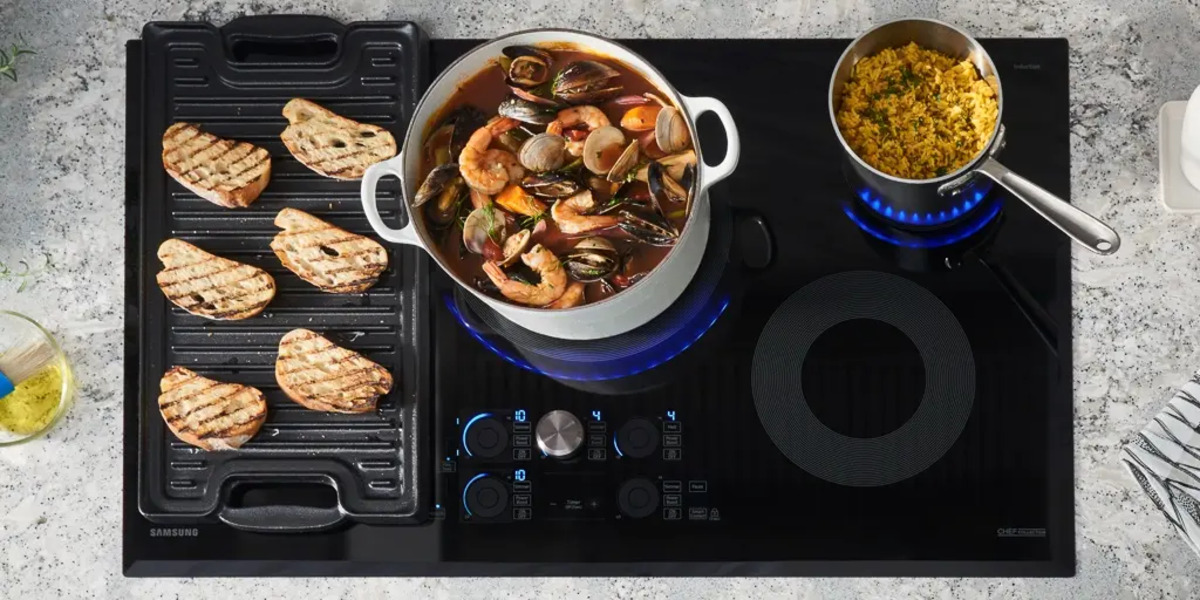
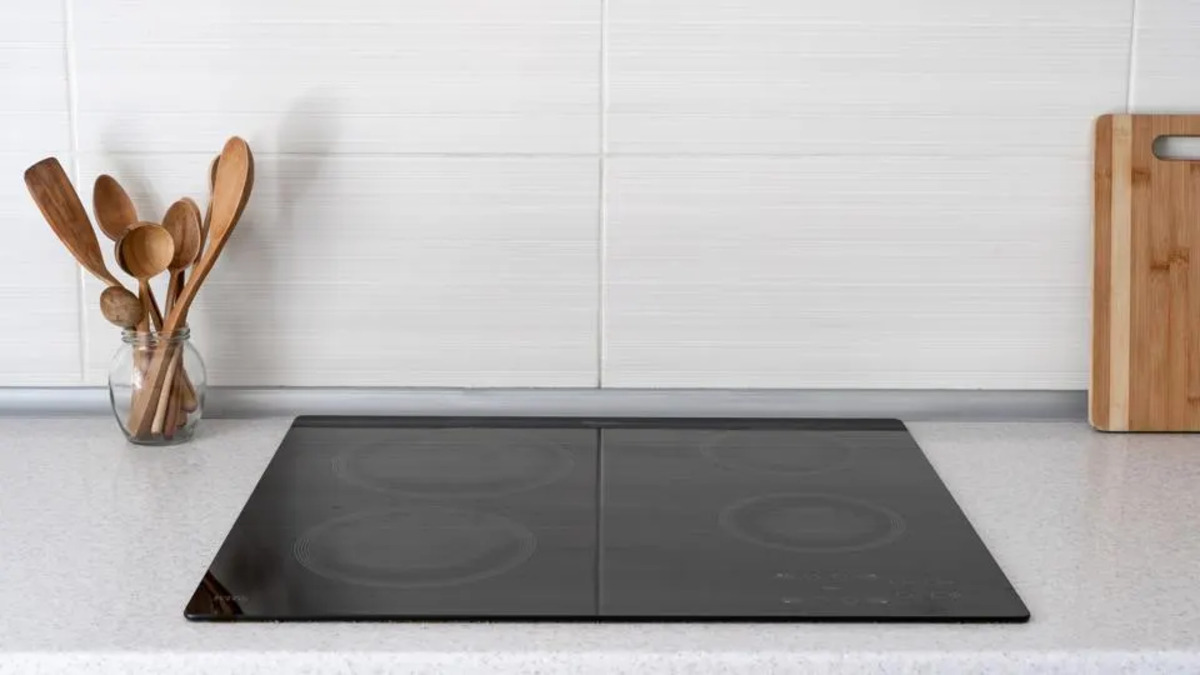
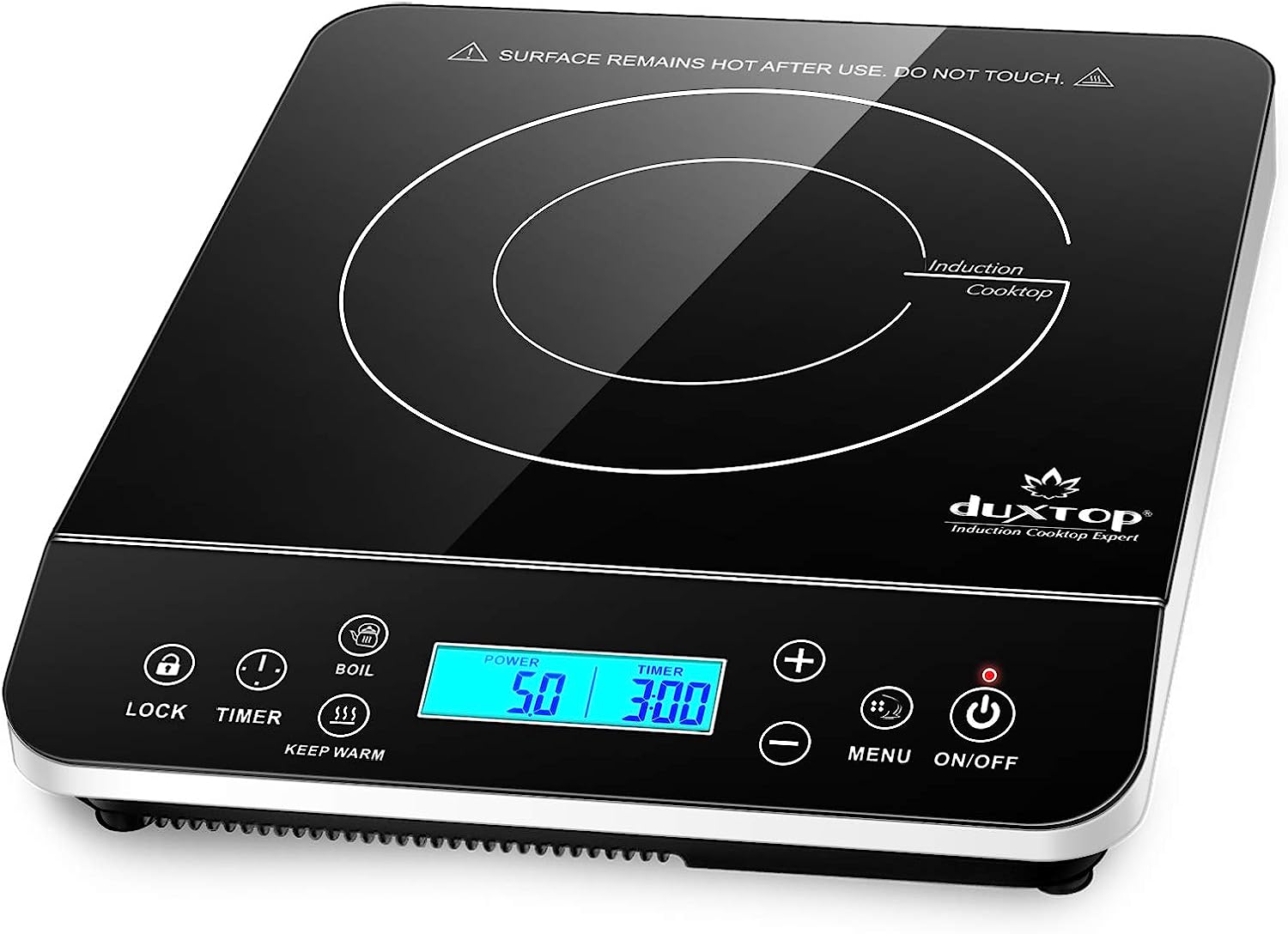
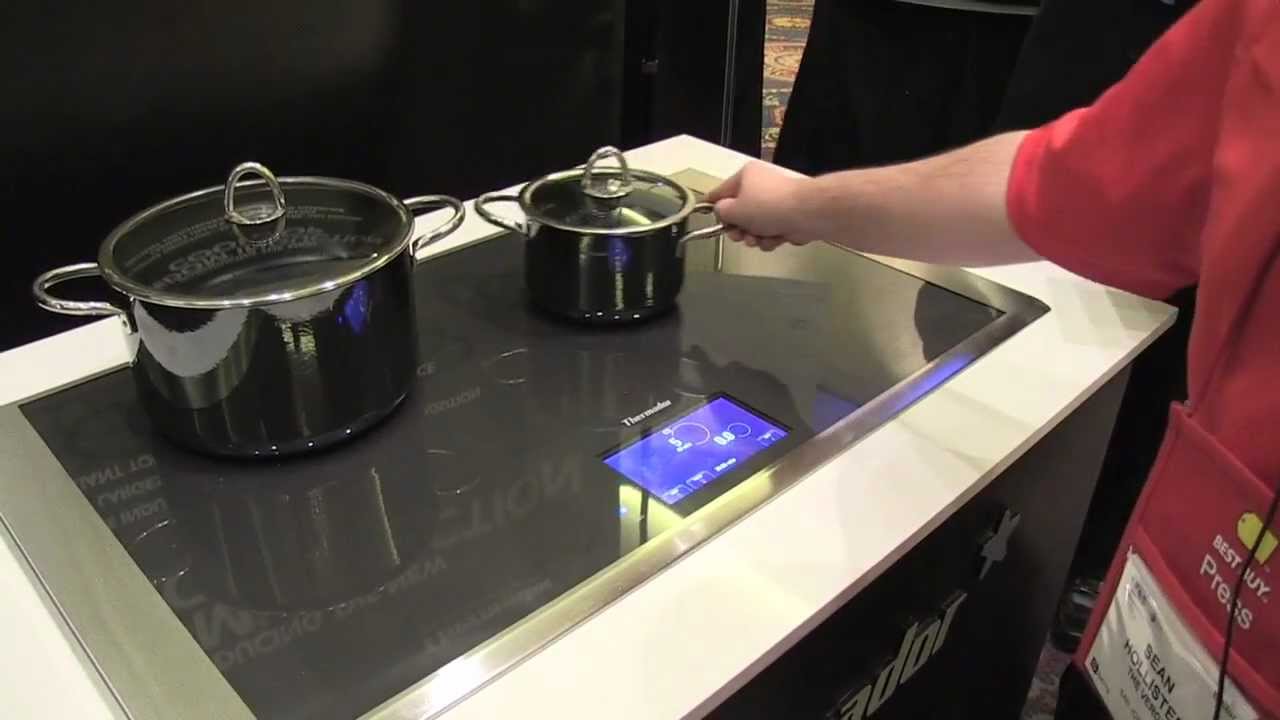

0 thoughts on “What Cookware To Use With Induction Cooktop”